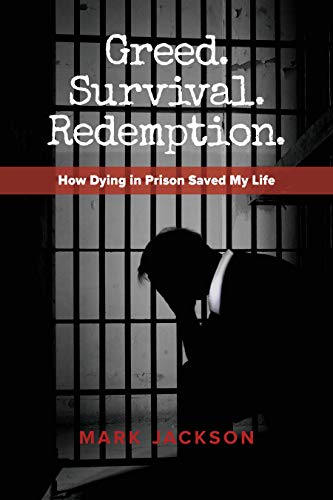We all know a stingy person, even if he tries to go unnoticed. These are the people who never take money anywhere, who go to the bathroom just in time to pay a collective bill, or who can go to unlikely places just to get a discount. The miser is not easy to recognize. In fact, many don’t see being too cheap as a problem.
In psychology we talk a lot about the pathologies of excess: overeating, drinking too much, spending too much . . . But disability pathologies are often disguised: the one who eats little is on a diet, the one who doesn’t play is someone serious and the one who spends little is thrifty.
- But is that clear? It’s not a good adjective at all.
- There is a pathological form of economics that not only concerns money and material goods.
- But also expresses the deepest aspects of personality.
The greedy, or pathological saver, is recognized because he avoids the expenses he could perfectly make, without causing him any problems, they usually have strong income and a stable position, if questions will tell you that your condition is good precisely because you have tried to save money and not spend on nonsense.
He is the type of person who takes years the same clothes not to pass, does not use the phone, turns off all the lights and buys the cheapest products from the supermarket, even if they are of poor quality.
There has to be an extreme situation for them to make an invitation to dinner, if they give gifts they buy something cheap and sometimes they are able to keep what they earned to give it away later and avoid spending.
The main feature of the pathological saver is that his exaggeration of expenses is not part of an objective reason, it is not because he does not have money, or because he is making an investment, or because he plan to invest in the future.
Your reason is to save money just for fun. Or to make plans that will never come true. Or face possible “bad times,” even if no time is as bad as convincing yourself to pass.
The most serious thing is that the one who is greedy is not only with money, he is also stingy with his emotions, affections and with his own use of vital energy.
Just as they do not spend on objects, nor are they generous to others or to what they invest to make them happy, the greedy keeps for himself everything he can and is therefore not a prudent person, but a person trapped in an inner prison.
It is very difficult to live or establish a deep and lasting connection with a greedy. So how do you think you should protect your savings? Market temptations also believe they can be emotionally for others.
There are cases where it’s hard to believe, like Laura, who had a stingy boyfriend, who always made invitations to places where they didn’t have to pay a penny, if I had to pay, she would always end up taking out the money. Once, her boyfriend surprised her by paying the disco bill, but the next day she came home with the bill in her hand to get back what she owed her.
The greedy one is actually terrified and organizes his life from a fantasy of control. For psychoanalysis, the topic is related to a difficulty in overcoming the phase.
When the child realizes how traumatic or excessively severe the bowel control phase is, he or she often develops an obsession with repressing, avoiding giving, which results in an adult life in both greed and self-centeredness. one way or another, you end up using others for your own interests.
Then he gives nothing, he expects someone else to put his hand in his pocket to pay a joint bill, even if he knows that person earns less, nor does he care that his behavior is incorrect.
Some greedy people are dying of cold because they don’t want to spend on heating equipment. Others, like Leonardo DiCaprio, become “environmentalists? They don’t spend,” so what?DiCaprio does not use his aircraft to avoid polluting the environment. But he has no qualms about using other people’s private planes, as his friend Mark Wahlberg said.
The greedy one is a prisoner of his own fears. It can be a person suffering from depression and fantasies of disasters. You can also have an explorer personality. They usually end their days alone and with a great fortune saved, which ends up in anyone’s hands.
Images courtesy of John Holcroft

